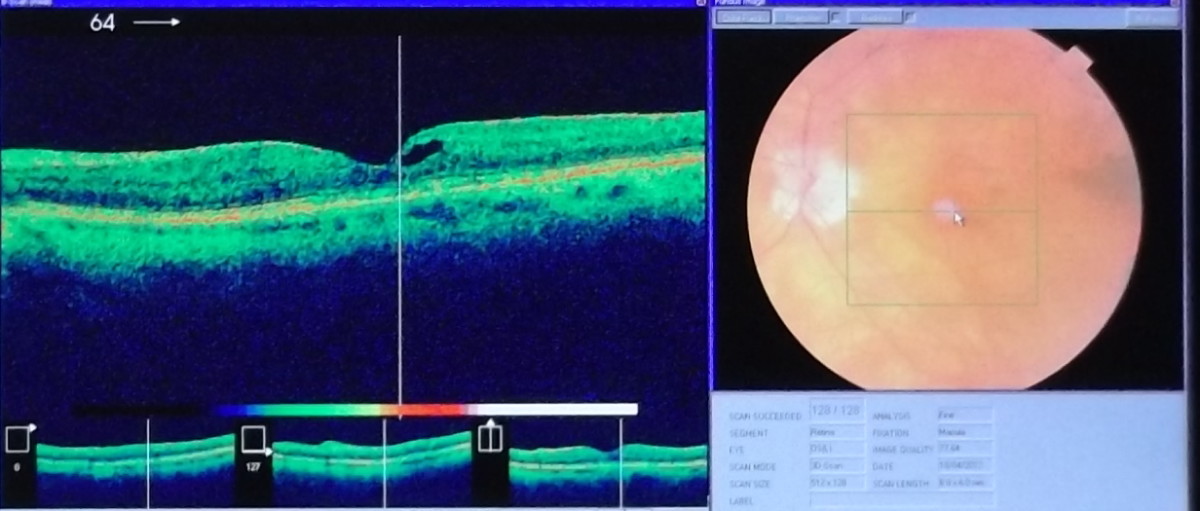Doctor's Attitude: How to Relate to Patients?

Being a Good Doctor
Doctor's are often faced with a dilemma in their daily practice. As doctors we prescribe medications to patients from typical fevers to congestive heart failures. The dilemma lies in the fact that doctors may have not used many of these prescribed medications themselves.
As doctors are well aware of the side effects; but do we really have a feel for it. Of course, we know the pharmacology of a drug and how it impacts a patient at a microscopic level and physiological level. We know the receptors on the cells that drugs may inhibit or stimulate to perform its intended function. However, do we really have a grasp of what patients are going through in terms of associating with their particular condition and its many symptoms. As doctors we can only imagine and sympathize.
On the other hand, a diabetic patient can often relate to another diabetic patient more readily. Its very obvious that they share many traits to the condition. Diabetic patients are faced with renal failure down the road. Its inevitable. Similarly, cancer patients are aware of all the side effects of having to take numerous drugs everyday to sustain their life.
Think about any other occupation. Take for instance, a manager at a reputable bank. The manager may be a proud owner of many of the investment and account types that they market to their clients. Similarly, a lady who works at a clothing store surely has many discounts at the store. She must have owned many of the clothes she is selling to customers. There is a certain pride of ownership associated with promoting products that we have actually used personally. It makes the experience more authentic for customers.
However, as doctors we promote drugs that we may have never used. We are only aware of the effects through the theoretical knowledge and practical applications with patients. Sometimes conditions present differently from the routine symptoms. And we have to often rely on patients to assess the severity of a particular progressive condition. It is through patients really that we really develop a feeling for the effects of the drugs we prescribe. For instance, whether a long standing drug is effective or not. Perhaps, the effectiveness of a newly approved drug is tested as well. We are well aware of the emotional and real world side effects through our rapport with patients. We build a sense of ownership towards these medications through feedback from patients. Otherwise, we are only left with only our clinical knowledge as a means of understanding and relating to the drugs we prescribe so often to patients.
As such, being a doctor, we learn from our patients. Its so important for doctors to listen to their patients. You are receiving valuable information about the effectiveness of drugs and the symptoms of particular diseases. These are often the only ways that we can truly understand and relate to a disease process. Of course, some doctors who have a particular medical condition; that a patient has may be able to relate with the everyday difficulties of a patient a lot more. There is a certain ownership associated with a condition for which we take similar medications for. However, for all other conditions, we rely on our delicate relationship with patients. These relationships are important and cannot be fully embraced within a two minute time frame. We have to invest more time with our patients. For a doctor's greatest reward is being a primary care physician. Doctors have to diagnose and treat diseases and conditions in its initial stages before it escalates to a more serious condition. We are the gatekeepers of the health care system.
Doctor's Attitude - Looking for the Positives
Doctor's are often thought to be compassionate souls; always concerned about the well being of their patients. That is true to a certain extent. However, doctors are trained professionals who are on the constant lookout for something that is wrong with their patients. From the moment you walk into their office; doctors look for the negatives. They are looking at your posture, mannerisms, grooming, hygiene, your gait (walk), your shape (obesity), color (rashes, skin tone), facial expressions (depression, anxiety), your educational background, ethnicity (certain groups are more predisposed to certain conditions), and so on.
Though doctor's look for many negatives; its important to emphasize the good things too. Its important for doctors to appreciate patients who take their medications on time, exercise regularly, eat healthy, and otherwise lead healthy and fulfilling lifestyles. Some doctors, who are overly cold towards their patients may find that their patients are not compliant with prescribed medications. They may feel that the doctor does not have their best interest at heart.
Your Reason For Visiting Your Doctor?
Doctor's Question
| Translation
|
|---|---|
What Happened?
| Chest pain, cough, sneezing, stomach pain
|
Where IT Happened?
| Do you feel it in your chest? What part of your Chest? Point and show.
|
What Aggravates or Relieves IT?
| Does Sitting down help with chest pain? What helps? What makes it worse?
|
When did IT Happen?
| When did you get the cough? Chest Pain? How Long did it last? How often do you have chest pain (eg. once a day).
|
Past History
| Your age, occupation, sex, lifestyle, habits (smoking, drinking), family history
|
Any unusual feeling, sensation, etc
| Describe pain (sharp pain, dull pain, compressing pain in the chest, unusual color of urine, bleeding when defecating)
|
Any Medications Taken for Condition?
| Did you take drugs for it? Was drugs prescribed? Did you take organic or natural medicine? Using certain ointments or oils?
|
Medications Taken for Other Conditions?
| When did you start taking, how often, how long and for what. Certain symptoms are associated with particular drug use.
|
Tell Me About Yourself?
| What Condition or Disease do you have. Certain drugs are contraindicated for certain diseases
|









